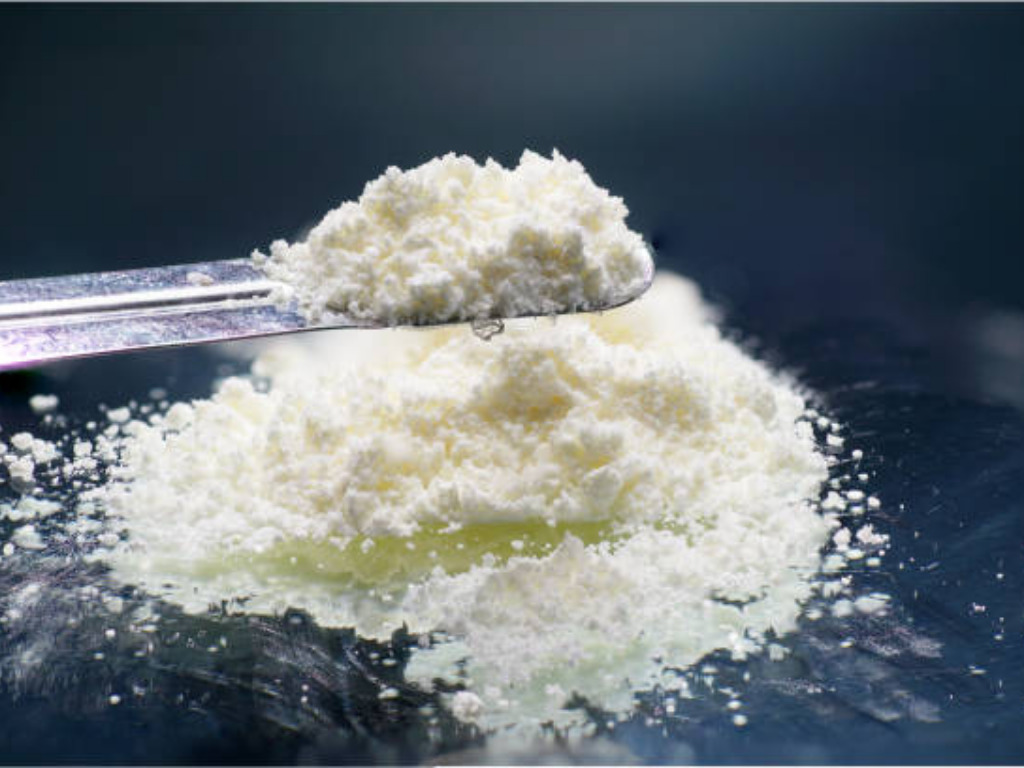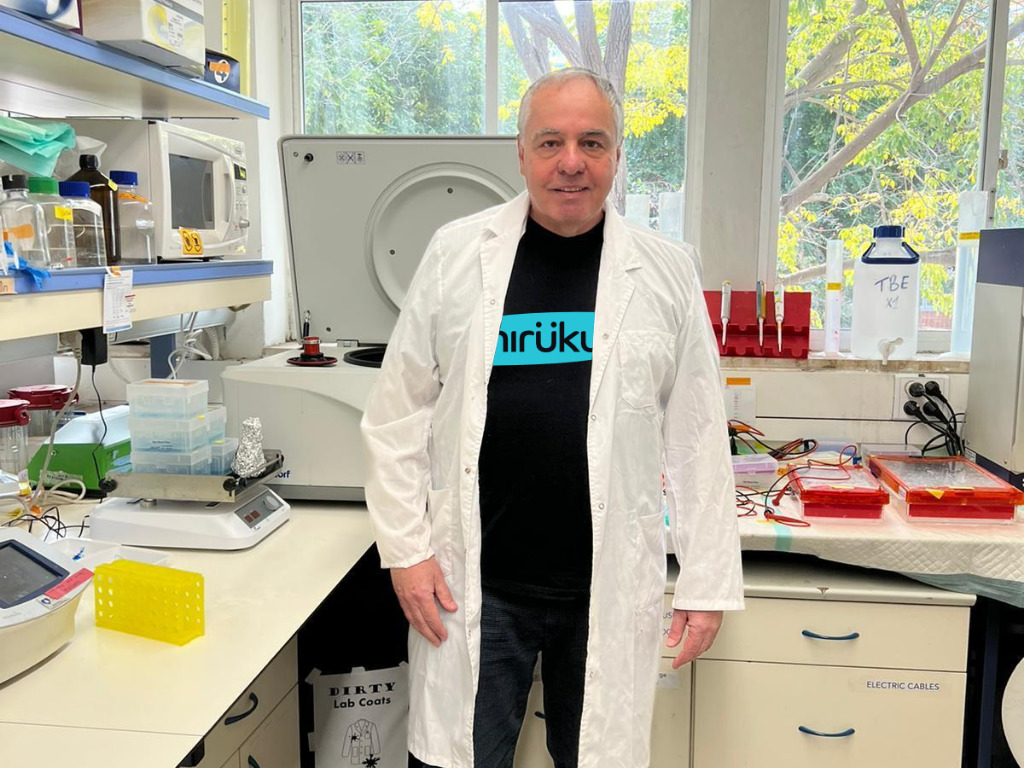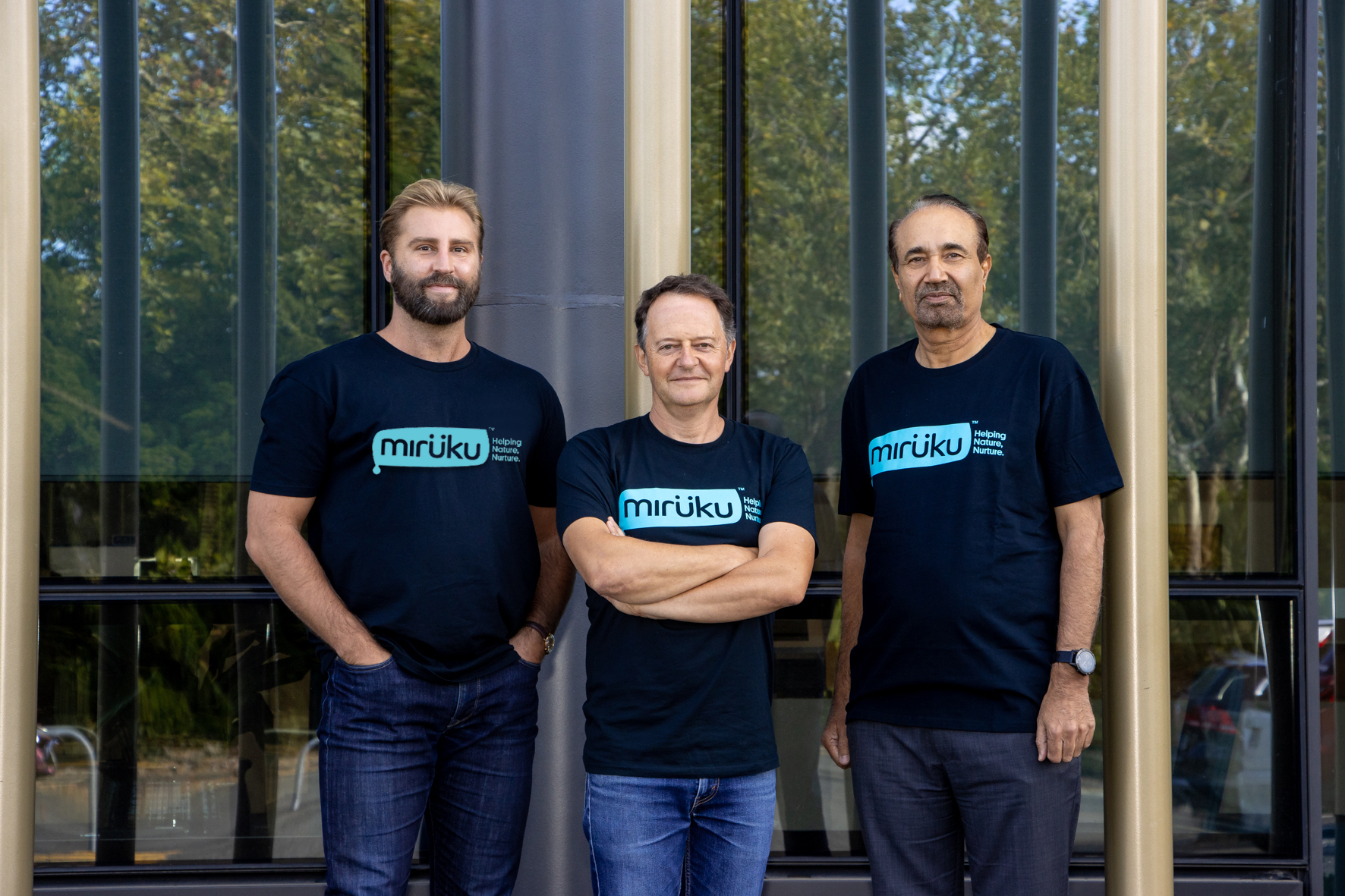5 Mins Read
Founded in 2020 by a former New Zealand dairy executive and an Israeli food tech innovator, molecular farming startup Miruku has unveiled its animal-free dairy mission as part of a $2.4 million seed round announcement.
Miruku, which has been operating in stealth until now, is Asia Pacific’s first molecular farming dairy company and is one of only a handful of players in the niche sector beyond the region. The oversubscribed $2.4 million seed round was led by domestic venture capital fund Movac. APAC-focused Better Bite Ventures participated, alongside Colorado’s Ahimsa Foundation and NZ Growth Capital Partners’s Aspire Fund.
Commenting on their investment, Movac partner Mark Stuart said: “Miruku has a world class team with standout capability across agronomy, food technology, molecular biology, and computational botany.”
Miruku describes itself as straddling the line between biotech and agriculture, in the interests of future foods production. It aims to take on the large conventional dairy sector in New Zealand by working with farmers to help them pivot to more sustainable methodologies and claims that its proprietary tech is fully scalable and ready to implement across the globe.
The robust founding team includes dairy industry leader CEO Amos Palfreyman, life science and tech investor Ira Bing, Professor and milk protein science expert Harjinder Singh – all New Zealanders- and renowned Israeli molecular agronomy trailblazer Professor Oded Shoseyov, described by many as a global pioneer when it comes to expressing protein from plants.

Molecular farming or ‘plants as factories’
Working collaboratively with local farmers, Miruku has created its own animal-free proteins. Using molecular farming techniques, the startup is able to leverage plant cells to act as incubators to manufacture proteins, fats, and sugars traditionally only found in animal milk. Unlike other alternative protein verticals, which may require costly bioreactor infrastructure, in molecular farming, plants are the infrastructure.
“Miruku’s breakthrough plant technologies hold potential to produce animal-free milk proteins cost-effectively,” said Prof. Shoseyov. “Plants lie at the bottom of the food chain. Miruku cuts out the middlemen (cows) which convert plant energy (sugars) to proteins. Instead, Miruku produces its proteins directly in the plants themselves. This is an elegant approach to energy and production efficiency and this efficiency is better for soil, water and atmosphere. Plant-based food systems with improved protein functionality can contribute materially to balancing human and ecological needs.”
When asked whether Miruku will be able to produce both casein and whey proteins, Palfreyman told Green Queen that they are keeping their exact product range under wraps for now but they are looking to produce a range of dairy molecules with the aim to make a wide variety of traditional dairy products such as yoghurt and cheese: “We are aiming to produce a real dairy product and that necessitates the production of those elements of dairy that make it what it is. Animal based dairy is complex, and it is nutritionally special. Our ambitions and our goals are high – we are looking for the match and, in some cases, to improve on both nutritional and functional values in dairy.”
Similarly to precision fermentation, molecular farming does involve genetic engineering, a technology that Palfreyman said “has made huge progress over the last decade” and is now “safe and precise”. He added: “While the plants we grow have been genetically transformed, the proteins that our plants produce are the same as normal dairy molecules. That’s the point. They are safe, clean, friendlier to the planet and as nutritious and delicious as the same dairy molecules from a cow.”
Michal Klar, general partner at Better Bite Ventures, sees huge potential in the technology from an environmental point of view, as well as when it comes to scalability. He told us that molecular farming can “reinvent how dairy is made. Because it is using plants as a production vehicle, it can do it at scale and ultimately at price parity – or even price advantage – to animal-derived dairy. And most importantly in a much more sustainable way.”
The path to regulatory approval
In terms of regulatory approval, newer technologies such as molecular farming are still under review in most countries but Palfreyman sees reasons to be cautiously optimistic, telling Green Queen that while “navigating the regulatory processes for the introduction of all new crops and the marketing of all foods with new ingredients is super important, fortunately the regulatory environments for both growing, formulating and selling to consumers have opened up in major continents and are widening every year.”
In the U.S., Miruki falls under the more recent ‘bioengineered’ food regulations, which include plant meat pioneer Impossible Foods with its GM-soy-based heme ingredient and precision fermentation leader Perfect Day, which programs microbes to produce bio-identical animal-free whey protein. Perfect Day’s whey is used in a variety of products, including ice cream and cream cheese, which are already sold commercially in the U.S. market.
In Australia and New Zealand, the company’s products will be regulated by Food Safety Australia and New Zealand (FSANZ), which approved Impossible Foods’s modified heme ingredient for commercial sale.

Advancing New Zealand’s dairy industry
As a world leader in conventional dairy exports, New Zealand is uniquely positioned to promote disruptive innovation that can help bulwark the country’s industry from threats such as climate change and supply chain disruptions. Miruku is committed to maintaining open channels of communication with dairy farms and wants to help educate the industry on new technologies and new ways of farming, with a goal to pivot farmers towards more sustainable means of dairy production.
“We share a vision that applies the sharp edge of applied science to agronomy and food tech, at scale, with global partners. Our goal is to provide nutritious and functional animal-free dairy, economically,” said Palfreyman.
A small, but growing niche
Molecular plant dairy is a sector with few players. Miruku points to San Francisco’s Nobell Foods as a respected peer. Nobell, which raised $75 million from leading investors including Bill Gates and VC Andreessen Horowitz, as well as a bevvy of Hollywood celebs including Robert Downey Jr, came out of stealth in July last year and is working on programming soybeans to produce casein, the ingredient that makes cheese stretchy.
All photos courtesy of Miruku.




